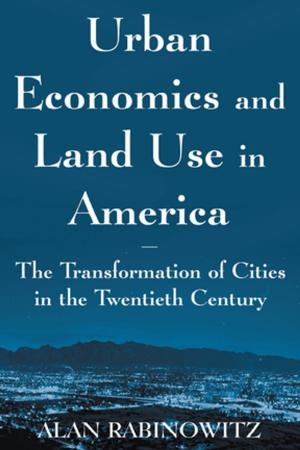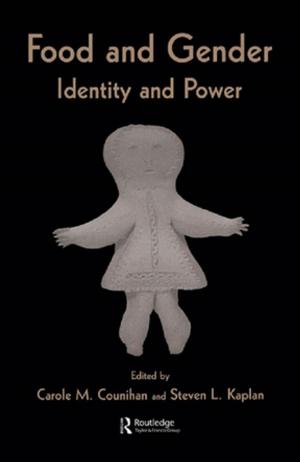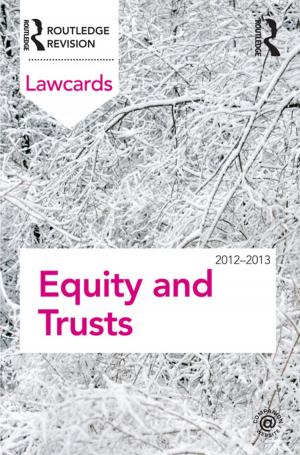| Author: | Zhang-Yue Zhou | ISBN: | 9781317614111 |
| Publisher: | Taylor and Francis | Publication: | May 18, 2017 |
| Imprint: | Routledge | Language: | English |
| Author: | Zhang-Yue Zhou |
| ISBN: | 9781317614111 |
| Publisher: | Taylor and Francis |
| Publication: | May 18, 2017 |
| Imprint: | Routledge |
| Language: | English |
China’s food security has never failed to attract the public’s attention. Feeding China’s large population has always been a huge challenge. The latest large-scale famine took place in 1958–62 during which approximately 37 million people died of starvation. However, since the early 1980s, China’s food availability has improved drastically. The important question is then: has China achieved its food security? Although China’s food availability has significantly improved, it has not achieved a high level of food security due to the lack of progress in several other important dimensions of food security.
The book examines China’s food security practices in the past six decades, explores the root causes that led to food shortages or abundances, and elaborates on the challenges that China has to deal with in order to improve its future food security. China’s quest for food security serves as a valuable lesson for many other countries to learn through China’s experiences and to better manage their food security in the future. The book also draws attention to the fact that China’s food security status has a huge impact on the global community and hence global collaboration is a mutually beneficial approach.
China’s food security has never failed to attract the public’s attention. Feeding China’s large population has always been a huge challenge. The latest large-scale famine took place in 1958–62 during which approximately 37 million people died of starvation. However, since the early 1980s, China’s food availability has improved drastically. The important question is then: has China achieved its food security? Although China’s food availability has significantly improved, it has not achieved a high level of food security due to the lack of progress in several other important dimensions of food security.
The book examines China’s food security practices in the past six decades, explores the root causes that led to food shortages or abundances, and elaborates on the challenges that China has to deal with in order to improve its future food security. China’s quest for food security serves as a valuable lesson for many other countries to learn through China’s experiences and to better manage their food security in the future. The book also draws attention to the fact that China’s food security status has a huge impact on the global community and hence global collaboration is a mutually beneficial approach.















